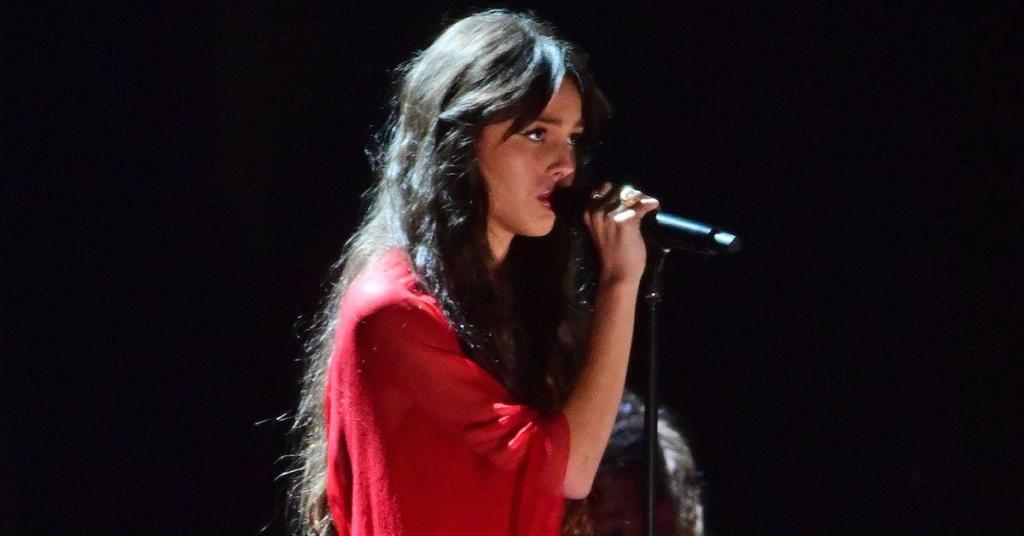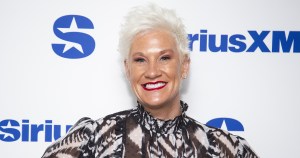Olivia Rodrigo’s album Sour was only released on Friday, but it’s already setting records. Rodrigo recently became the first artist in history to debut two #1 songs on Billboard’s Global 200. Her recent release, “Good 4 U,” debuted at number one after her other track, “Driver’s License,” did the same earlier this year.
User Def Noodles on Twitter shared Rodrigo’s major accomplishments. The singer didn’t just debut two #1 singles on Billboard’s Global 200. Her debut album, Sour, is the first debut album from a female artist to have two songs debut on Hot 100. Billboard reported that “Driver’s License” sat at the top of the charts for eight weeks after it was released in January. These two tracks aren’t the only ones that have been dominating the Billboard charts, though. The publication also reported that Rodrigo’s song, “Deja Vu,” debuted at #8 on the Hot 100 chart in April.
Videos by PopCulture.com
BREAKING NEWS THAT WILL MOST DEFINITELY CHANGE YOUR LIFE: Olivia Rodrigo becomes 1st female artist to debut 2 songs #1 on Billboard’s Global 200. ‘good 4 u’ also debuted number 1 on Hot 100. And ‘SOUR’ is 1st debut album by female artist to have two #1 singles on Hot 100. pic.twitter.com/6XONj5QVRH
— Def Noodles (@defnoodles) May 24, 2021
Rodrigo is known for her starring turn in High School Musical: The Musical: The Series, which is streaming on Disney+. The 18-year-old quickly rose to fame this year upon the release of “Driver’s License.” She has gone on to appear on programs such as The Tonight Show With Jimmy Fallon and Saturday Night Live, the latter of which saw her serve as the musical guest during the May 15 episode.
During her interview with W Magazine, which was published in mid-May, Rodrigo spoke about her quick rise to fame. She did note that it’s interesting to see the success of her music amid the pandemic. The singer explained that it’s simply a different feeling to see how far her success has reached, given the constraints that the pandemic has put on the world. She said, “I do feel like it’s kind of cool that I get to create without seeing the breadth of the reach of the song. When you’re looking at a computer screen and it says ‘number one in the world,’ it’s still a computer screen. It would be different if I was looking into the faces of people who’ve been affected by the song.”









